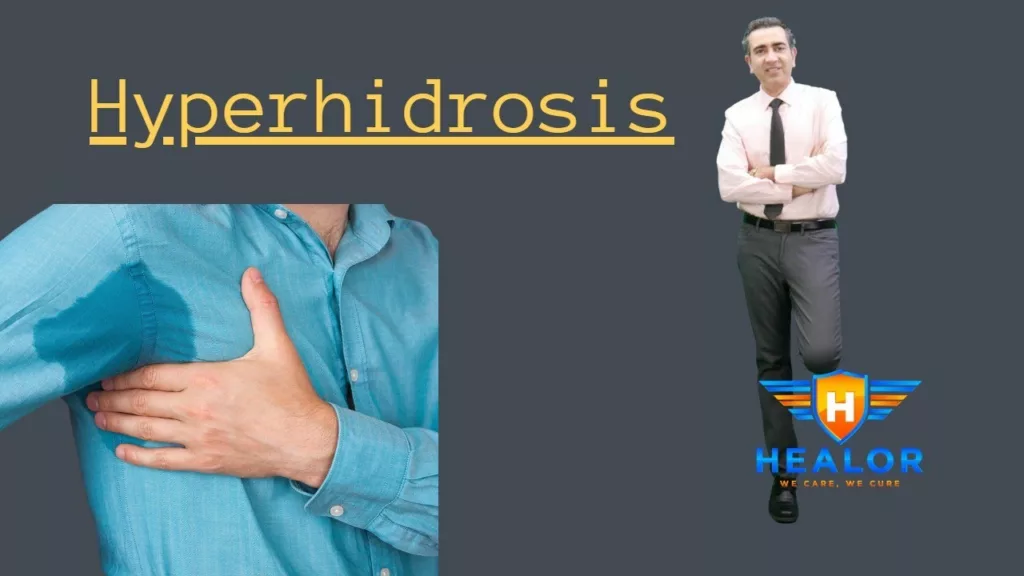
Today’s video is about excessive sweating or hyperhidrosis
We all produce sweat as a way of regulating our body temperature, however, sometimes an excessive amount of sweat is produced independently of body temperature. At this point, it becomes extremely uncomfortable and unpleasant for the individual. Hyperhidrosis is a common medical condition and up to 5% of the population may suffer from this condition.
In order to diagnose hyperhidrosis, we need to have certain criteria
Generally starts before the age of 25
Visible sweating for at least 6 months.
Sweating is bilateral so under both armpits or in the palms, or soles of the feet
Living with Hyperhidrosis: Tips and Strategies for Managing Excessive Sweating
What causes hyperhidrosis?
we have sweat glands throughout the body, they help in controlling body temperature, and removing excessive amounts of electrolytes or fluids. The sweat glands are linked to our sympathetic nervous system. Although the sweat glands are normal in number and size, they are just overly sensitive to signals from the brain and produce excessive amounts of sweat.
Certain medications are linked to producing excessive amounts of sweat, certain antidepressants, anti-diabetic medications, estrogen blockers, etc. if you suffer from an accessory of sweating it is a good idea to review the list of medications with your doctor as modification in some of these medication may improve symptoms.
Treatment options for hyperhidrosis
If it is mild to moderate hyperhidrosis, this can be effectively managed with prescription antiperspirants such as Drysol or Xerac. These are available by prescription only, similar alternatives available online on Amazon and other websites are counterfeit and not effective.
This new medication, as seen here qbrexa is topical glycopyrronium 2.4% is applied once daily to the axillae using a premoistened cloth. When wiped once under the arm, the solution enters the affected area to inhibit neurotransmitters on the sweat glands, reducing the amount of sweat produced.
If the above options are not effective then the next option would be to use Neurotoxin such as Botox. The recommended dose is 50 units in each armpit. Typically 10 to 20 injections spaced 1 cm apart are performed in each armpit. The response is seen within 2 weeks. Let us watch a video of this simple procedure
Microwave thermolysis (Miradry) is a new treatment approved recently for hyperhidrosis, microwaves are used which destroys sweat glands in the axilla. Typically 2-3 sessions are required.
Iontophoresis: is effective for hyperhidrosis that affects the palms and the soles of the feet. n general, patients sit with both hands or both feet, immersed in shallow trays filled with tap water for a short period of time (15 to 40 minutes depending on the device) while the device sends a small electrical current through the water.
There are many oral medications also that can be used to reduce the amount of sweat produced, oral glycopyrrolate and oxybutynin are two such medications, however, they have significant side effects and are generally not recommended for the treatment of hyperhidrosis when so many other safer therapies are available
In summary, hyperhidrosis is a common condition, with many effective treatments available.
Schedule a visit at rarev to discuss these different treatment options
